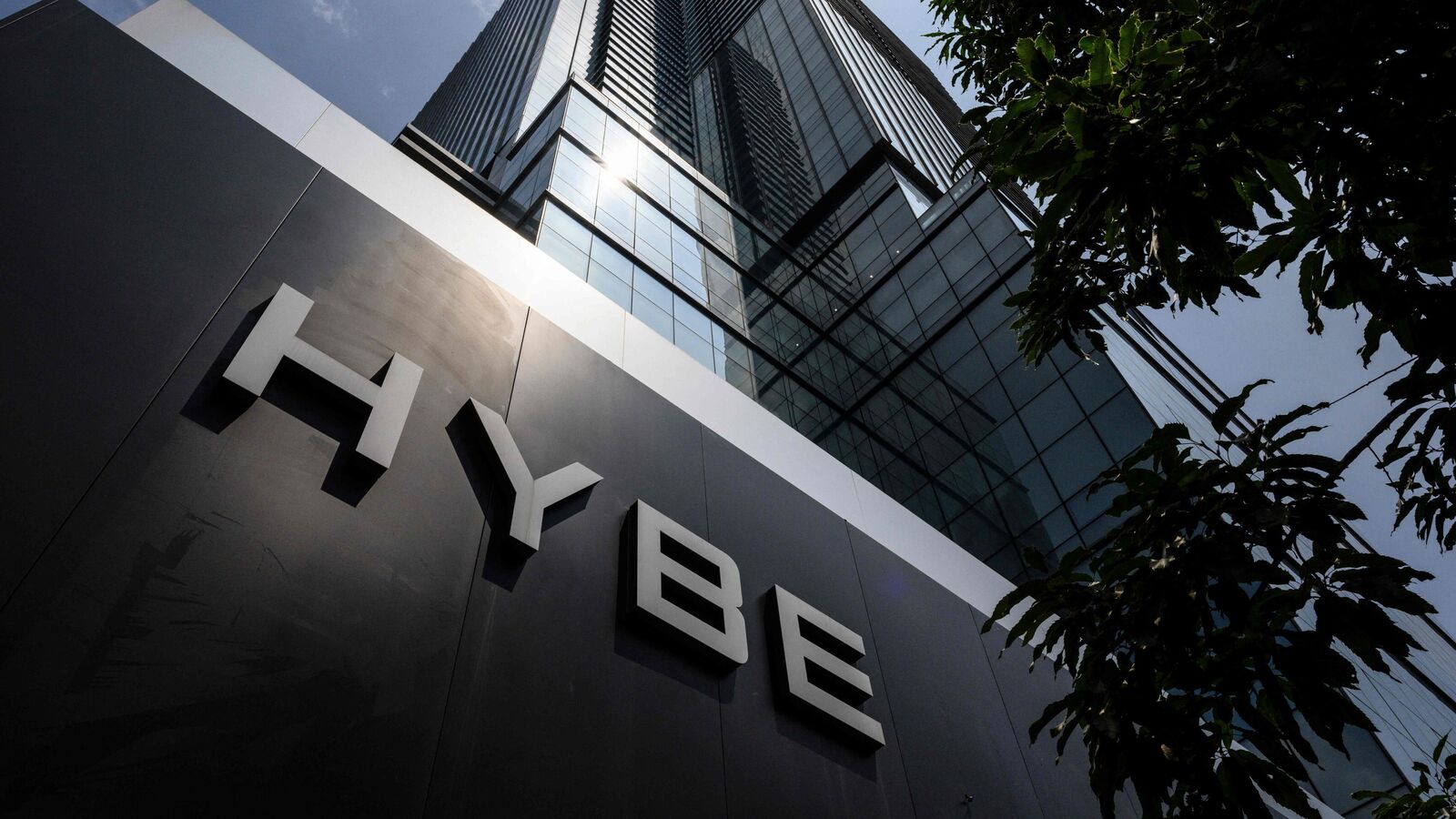The Seoul headquarters of HYBE, the agency which manages global K-pop boy band BTS, was raided by the South Korean police on Thursday over allegations of unfair share trading involving the company chairman, Bang Si-hyuk.
According to media reports, the country’s financial regulator has referred Bang to prosecutors to investigate his activities during the company’s stock market listing.
“We are conducting a search and seizure at HYBE’s headquarters in Yongsan District,” the Financial Crimes Investigation Unit of the Seoul Metropolitan Police Agency said in a brief statement.
Ahead of the 2020 IPO, Bang and three other executives were accused of having “deceived” investors into selling their shares to an investment company they controlled. Media reports suggest that these executives had eventually profited from share sales after the listing.
He is accused of gaining around 200 billion won (US$146 million) through the process, according to local reports.
HYBE pledges ‘active cooperation’
HYBE has denied Bang committed any wrongdoing.
“We will dutifully clarify that the listing at the time was carried out in compliance with all relevant laws and regulations,” the company said in a statement in early July, pledging “active cooperation” with authorities to investigate the case.
“We will take the necessary time to thoroughly demonstrate that the IPO was carried out in full compliance with laws and regulations,” HYBE said.
Bang is HYBE’s founder and largest shareholder.
BTS comeback tour 2026
The investigation comes as all seven BTS members complete their mandatory military service and prepare for a comeback next year.
Earlier this month, HYBE announced that a new BTS album and world tour were scheduled for 2026.
BTS, known for championing progressive causes, holds the record as the most-streamed group on Spotify and became the first K-pop act to top both the Billboard 200 and Billboard Artist 100 charts in the United States.
According to the Korea Culture and Tourism Institute, before their military service, BTS generated more than 5.5 trillion won ($4 billion) in yearly economic impact.
That accounts for roughly 0.2 per cent of South Korea’s total GDP, according to official data.
(With inputs from agencies)

